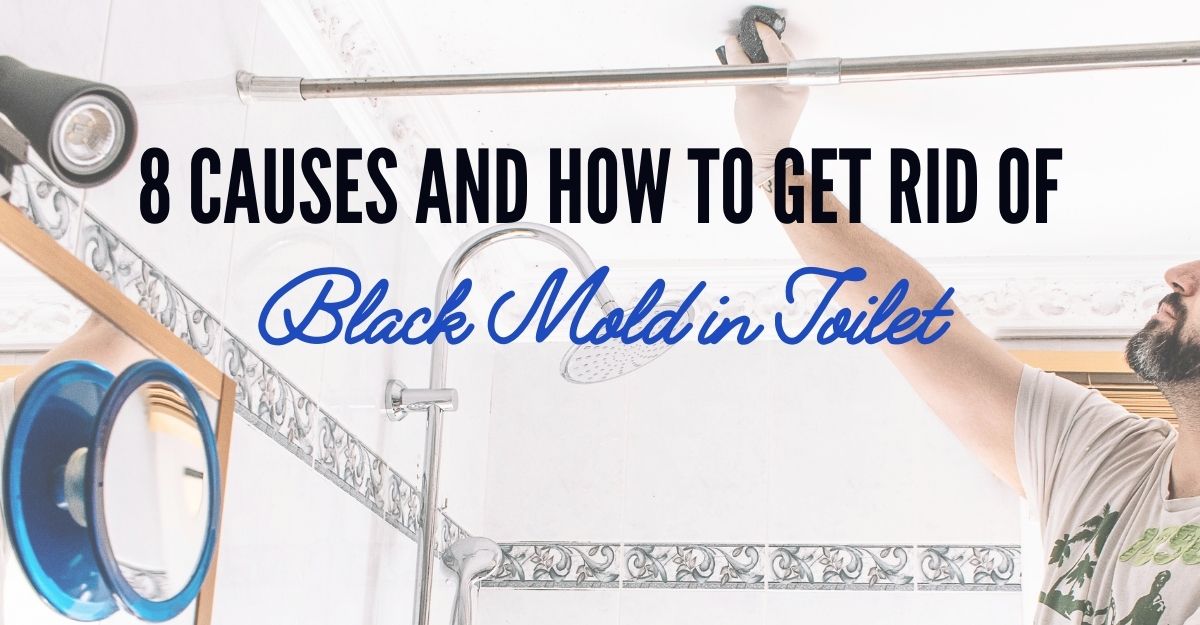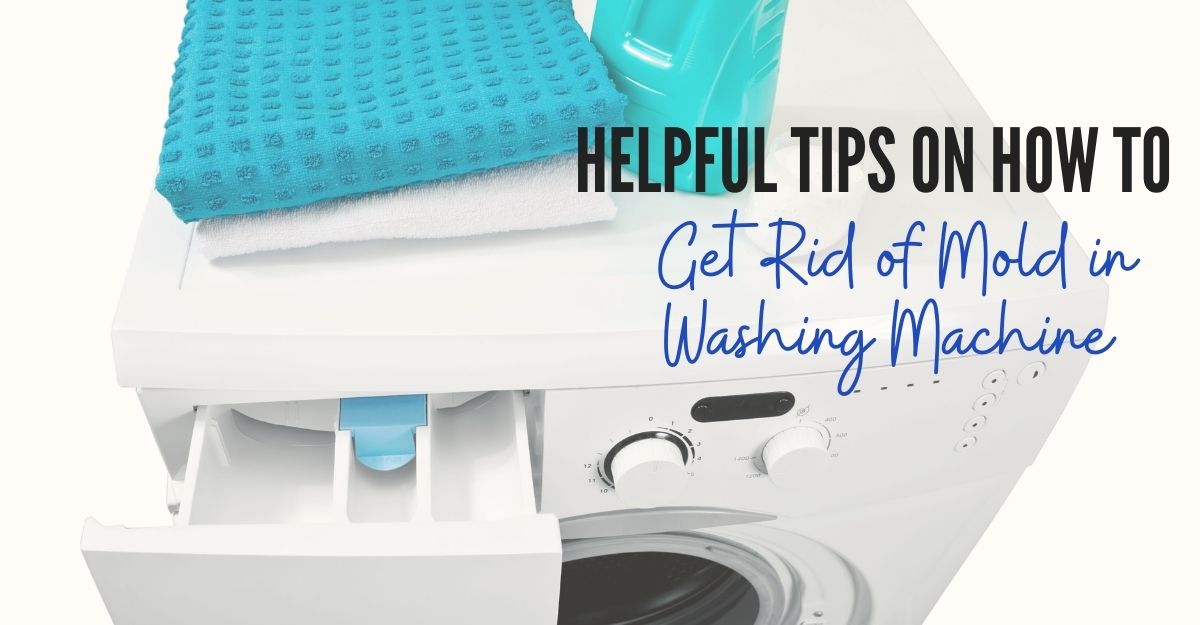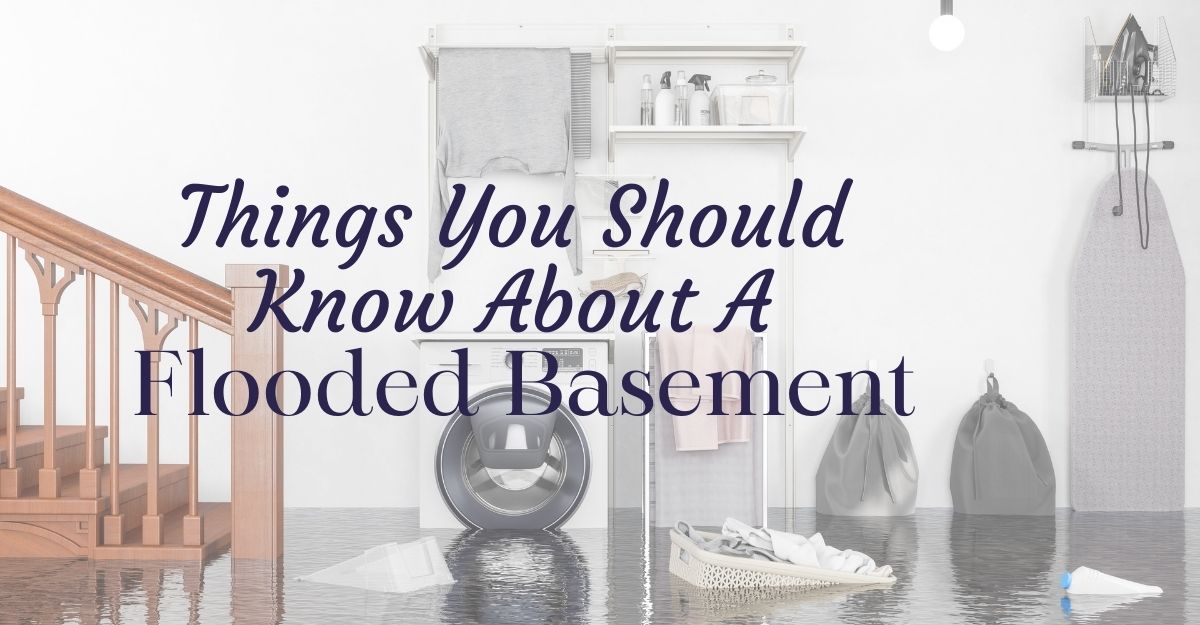One of the most common and costly disasters one’s home can experience is the water damage, so when it enters your home, it can possibly cause extensive foundation and structural damages such as rotting of wood and growth of mold.
To help you understand more about water damage prevention, it is only essential to know that there are two (2) types of water damage. One of these is the plumbing damage, it is caused by lack of proper plumbing maintenance. One of the easiest water damage prevention steps is to properly maintain your plumbing system. While natural water damage occurs from natural disasters, like storms. The other threat that makes water damage prevention essential is the possibility of leaks and floods during a storm.
Preparation is the most important asset against water damage together with the right insurance coverage and the following practical steps of advices. Preventing water damage is a whole lot cheaper than restoration after water damage.
Like fire and other natural disasters, water damage like flood can likewise harm property on a huge scale. That is the reason water damage restoration is a sensitive and complicated procedure. However, being proactive and understanding the basic characteristics and damages of water and learning the proper safety practices can be the key to surviving a house fire as listed below:
- Inspect your pipes and appliances regularly. Appliances and pipes that are connected to any water supply line have the chance of leaking or bursting. It is important to check those appliances involved with the water line such as refrigerators, washing machines, dishwashers, kitchen pipes, water heaters, airconditioned units, showers and other related fixtures or pipes for possible signs of failure. Other than water leakage on the floor, some other signs that your appliance or fixture might not be processing well are:
- There is a sound of running water even though there is no appliance or fixture being used.
- Drains, floors or walls have unpleasant odors
- Lower water pressure
- Mold appearance around the failed appliance or fixture
- Never Ignore Leaks. In any case, you should never ignore any leakage in your home. Liquids, specifically water, do not just stay in one place, they travel around the surface through drywall and floor carpeting. Also, if a leak is left and ignored, it could cause mold growth, stain or damage to a certain wall or flooring. The faster a leaking pipe or appliance is addressed, the less damage it could bring. In case of leak, patch up the crack leading the leakage and wrap the putty up before calling the plumber to apply permanent repair actions, this quick fix is only applied to delay the possible damage.
- Roof Maintenance and Clean Out the Gutters. The roof, being the main line of defense against the sun, rainwater or storms, is very important to maintain. According to experts, it is advisable to get up on the roof at least every six (6) months to check possible damages such as broken shingles, cracked roof vents and others. And as the roof does its job as the main defense, gutter’s main purpose is to collect excess water from the roof and lead its way out of your property or home. It is important to keep it clear and clean because when the gutters get blocked, excess water from the roof might overflow down the side of your home or, if possible, into your basement instead of away from your house. This incident might lead to foundation damage and/or roof leaks.
These three (3) simple steps can help you lower your risk by knowing how to prepare, prevent and remedy minor situations. In any case that the water damage strikes, get to it fast and try to follow these steps:
- Locate your main water line and shut it off as quickly as possible to stop the water flow.
- Quickly dry the area to prevent moisture that can lead to mold growth
- If the damage is huge, contact a plumber immediately for proper actions needed.
Water is an amazing substance with a constant duality. On the one hand, it’s vital for our survival. Without it, we couldn’t live for more than a few days, and certainly couldn’t grow food. On the flip side, water has immense destructive abilities that can uproot entire communities during a storm or a flood, causing families to lose their entire life savings in just a few hours.
Maintenance is a natural result of owning a home and appropriately keeping up a house is a standout amongst the most ideal approaches to prevent water harm. It should be done, else, you could be looking at a costly water losses, repairs, and insurance claims.
Excluding huge and serious natural disasters, water causes a lot more damage to homes recently than fire, thunderstorms and accidents. And the possible damage water can bring to your home ranges from mild to severe damages. While we cannot address every possible case or guarantee the effectivity of these tips with every scenario you could encounter, the goal of this is to support your efforts in protecting you, your family and your property.




